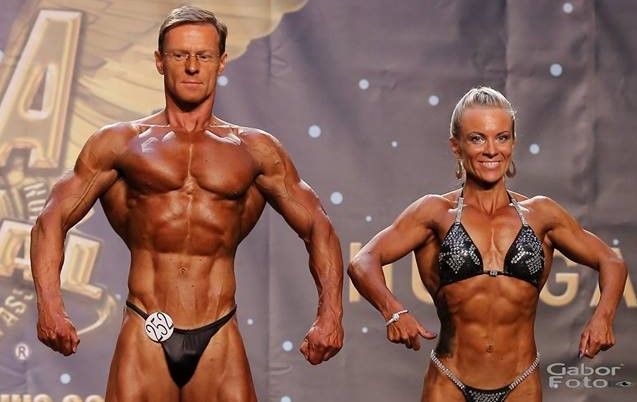Thursday, December 29, 2011
No matter what your goal is: muscle mass, strength, speed, etc. the
most important factor in your training program is...
Making Progress
Progressive overload is what makes your muscle grow bigger, stronger
and faster. And it is the core of any successful training program.
The following are the three basic ways to make gym progress:
How To Make Progress In The Gym
Wednesday, December 21, 2011
There are many factors that can be manipulated in resistance training
such as, volume, frequency, and the time that a muscle is under
tension. However, the most important factor is the intensity of the
exercise. Intensity was defined by Arthur Jones as "possible
momentary muscular effort exerted". It doesn't matter if you have
discovered the most powerful steroid or have the best equipment,
if you do not train with a sufficient level of intensity to cause
an adaptation, you will not adapt.
Intensity and Bodybuilding
Friday, December 16, 2011
There is quite a controversy going on about rep cadences. Some
superslow advocates recommend rep speed of 20 seconds or more for
each rep, compared to others who claim that explosive training is the
variable that is responsible for adaptation. Who is right? What is
the best rep speed?
Slow Reps or Fast Reps
Wednesday, December 07, 2011
Most bodybuilders avoid running like the plague. Running, some gurus
point out, is a waste of time for serious bodybuilders. And if
anyone does run, it is only done for a few weeks before a contest.
You can see why lifters are wary of running - long distance runners
are quite thin. That is, you don’t see too many buff marathon
runners. However, it is also true that the idea of not mixing
running with weight training needs to be re-examined. Running, it
turns out, can be beneficial for the bodybuilder and weight lifter,
and there are a few good reasons why some running should be included
in a training program.
Running for Bodybuilders
Sunday, December 04, 2011
So you have been working out for a while, seeing great results and
loving the difference you see and feel in your body. But what
happens if, for some reason — injury, holidays, burnout, or
something else — you have to stop for a while.
What Happens When You Stop Working Out?
Subscribe to:
Comments (Atom)

